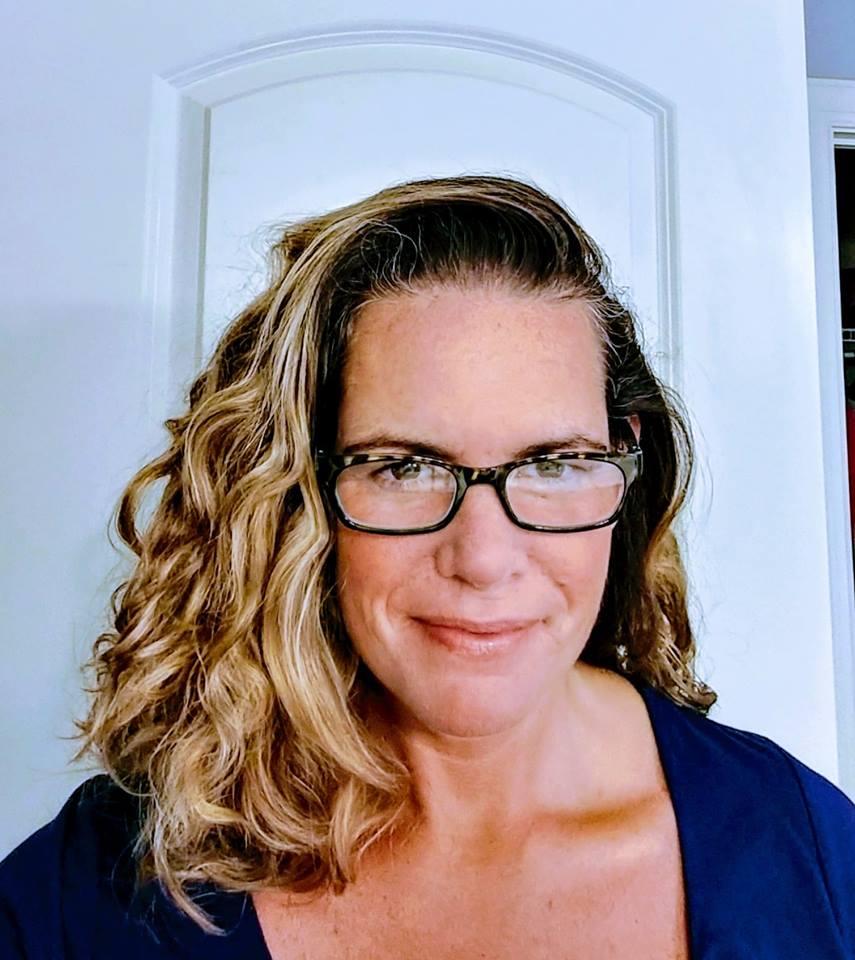This is a continuation of a Q&A with Lee Cooper, patient advocate with LQTS and a proud father. Because this is Part 2 of Lee’s story, you may want to go back to read Part 1 first.
Leslie: You said that you thought it was difficult initially to get information about PGT. Why do you think it is so difficult for healthcare providers to discuss it as an option?
Lee: There is no more actionable, clinically relevant approach to reproductive health and genetic disease than pursuing PGT. So, how is it not always mentioned in the same breath as other aspects of reproductive health? It’s portrayed as a controversial topic, and I think the real reason it’s controversial is because it involves reproduction. People are afraid to talk about politicized and socially stigmatized issues. More controversial to me would be if people didn’t think about patient’s reproductive choices after being diagnosed with a genetic disease. If individuals in their 20’s or 30’s are diagnosed with a genetic disease, or if they discover their risk of carrying one, they need to understand what that means in terms of their reproductive futures. This includes IVF, PGT, adoption, prenatal testing, and/or practical considerations to potentially prepare for a child with a severe genetic disorder. For me, it was one of the first thoughts I can remember while I was recovering in the hospital.
Leslie: Do you think that cost may also be a reason for healthcare providers to be reluctant to discuss PGT?
Lee: Absolutely. Cost is a real issue–one of the biggest medical issues in America. If a healthcare provider believes that cost will be a barrier for the patient, they may counsel in a way to soften the message of IVF and PGT because they don’t want their hope taken away from them because of cost. I don’t believe that is the right approach to take. I think it is a healthcare provider’s responsibility to put the expectations of treatment costs in perspective for a family considering reproductive options. Whether it’s for fertility or genetic disease, everyone should have equal opportunity to pursue a healthy family. Organizations like RESOLVE advocate for making fertility options more affordable.
Leslie: Through your writing, public speaking engagements, and work through your non-profit organization The Institute for Genetic Disease Prevention, you are very passionate about spreading the word about PGT. What are some parting words you’d like to say to our readers?
Lee: The beauty of PGT is that you can choose to sidestep a disease with a safe, proven approach. Your kids won’t have to worry about it. None of the emerging drugs or surgical interventions are true cures, and the ones that might be are fraught with serious potential risks. To not have to worry about a deterministic disease is quite different from a lifetime of treatment.
PGT is valuable because it can allow aspiring parents to enable lives of uncertainty. Life is about learning and exploring uncertainty, and a deterministic, genetic disease cuts against that. PGT is not about selecting for certain things, it is about preventing known disease to enable the fullness of life.
For more information on PGT/PGD and/or inherited cardiac diseases, please check out these great resources:
- “Genetic testing plus IVF can sidestep genetic disease and reduce the need for high-priced therapies” by Lee Cooper
- The Institute for Genetic Disease Prevention
- ORM Genomics blog on cardiac disease and PGT
- Sharing Healthy Gene’s blog on LQTS and PGT
- Genome Medical blog on cardiac disease
- NSGC webinar series Taking Heredity to Heart: the Role of Genetics in Cardiovascular Disease

Leslie is a board-certified clinical genetic counselor and former Program Manager for the preimplantation genetic testing (PGT) program of the ORM Genomics team and former Project Manager for SharingHealthyGenes.com. She completed her Bachelor’s degree at DePauw University and her Master’s degree in Genetic Counseling at the University of Texas Graduate School of Biomedical Sciences at Houston. Since graduating in 2000, she has worked as a clinical genetic counselor in several specialties including prenatal, pediatric and cancer genetics and has been very involved with the National Society of Genetic Counselors.
